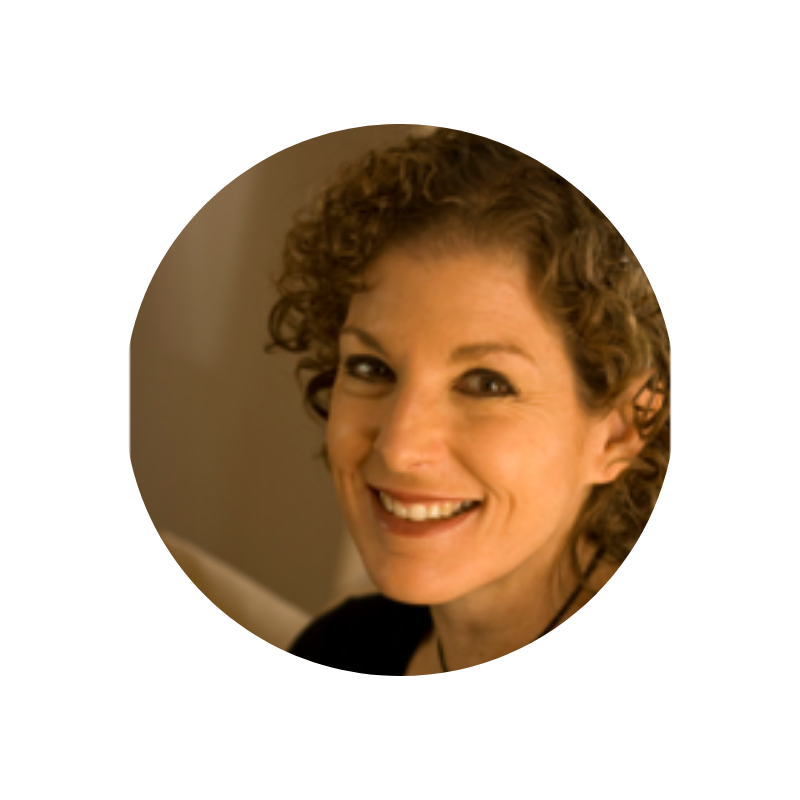 People I work with are often very confused about themselves and why they do what they do, for instance continue to smoke, overeat or eat unhealthy foods, feel anxious or get angry.
People I work with are often very confused about themselves and why they do what they do, for instance continue to smoke, overeat or eat unhealthy foods, feel anxious or get angry.
In trying to make sense of this confusion I often see people create quite harsh narratives about why they fail to achieve what they want to achieve. These stories typically implicate personal lacks, for instance, of control, will power, strength, intelligence or motivation.
I believe we can benefit through having opportunities to develop alternative and more realistic and gentle narratives and understandings of ourselves.
One way I do this is by sharing discoveries from neuroscience about the different parts and functions of our brain and our autonomic nervous system. So let’s chat a little bit about our autonomic nervous system.
We are constantly processing information from the environment through the senses, and the autonomic nervous system is continually evaluating this information for risk. It is constantly listening to what is happening in and around our bodies and in the connections we have to others. This listening happens below the thinking parts of our brain and away from our conscious control. It happens at an unconscious level.
We have developed a very quick response to this detection of threat. Our newest response is our automatic first response. This is called social engagement and is where we turn to others for safety. If this isn’t successful in providing us with a sense of safety, we automatically and very quickly go to our next response, the fight or flight response, an energised response. If we are still not able to find safety we resort to our oldest response, which is immobilisation or freeze. This oldest reaction can sometimes be experienced as appeasement.
Each of these responses feels different in our bodies and generates different emotions. We can develop habits for these responses. People who have prolonged experiences of the older two reactions of fight or flight, and/or immobilisation may notice a reduction in their enjoyment and satisfaction of life, and also in physical and emotional health.
Hypnotherapy can be useful in developing new and healthier responses. If you would like to discuss this please call Katina on 0415480804.
Katina Gleeson is a hypnotherapist, social worker & counsellor who is passionate about working with people to achieve their best personally & professionally.

